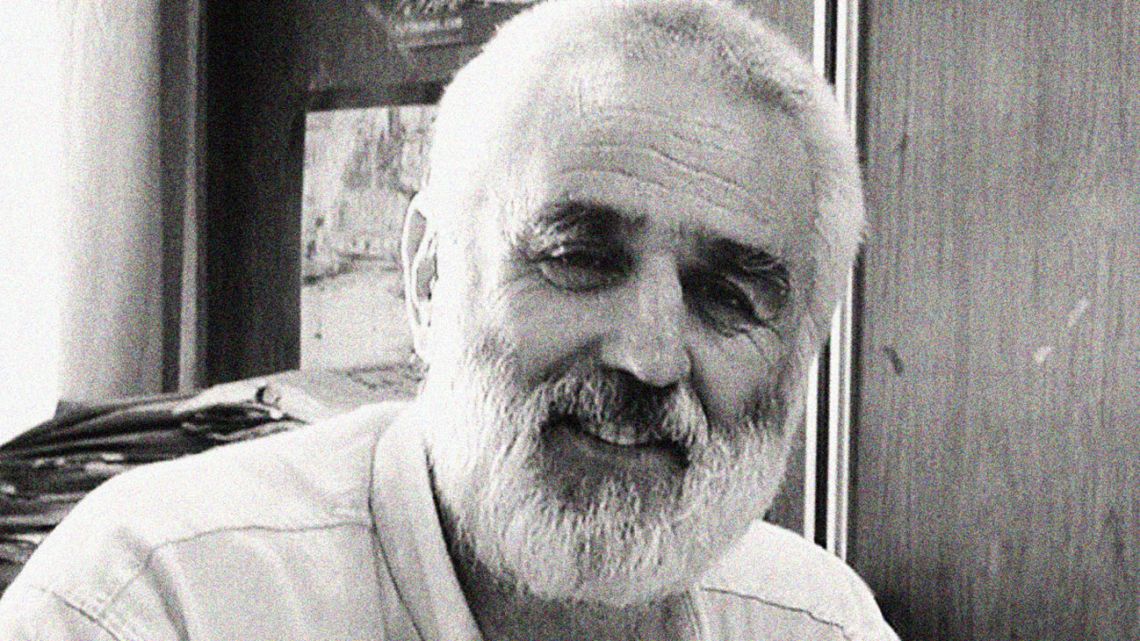[vc_row][vc_column][vc_single_image image=”107971″ img_size=”full” add_caption=”yes”][vc_column_text]Just before he was about to return to Argentina for the first time since his escape from the military junta in 1976, Andrew gave me a bulky package, asking that I take care of it in his absence. It was 1983/84 and he did well to be cautious; he was badly beaten up as he prepared to testify to the ‘disappearances’ under the military.
On his return he opened the parcel – which I’d kept under my bed untouched – and showed me the documents inside. Long lists of names, dates, details he’d recorded between 1973 and his departure three years later. These were the ‘disappeared’, the only record at the time, meticulously recorded by Andrew and the reason for the junta’s attempt on his life shortly before his departure.
I met Andrew around 1978, not long after he arrived in the UK with his family. He had his head down at the subs desk at the Guardian, but when we all went for a drink after a night shift work, I decided there were better ways for him to spend his time.
We had just initiated a new monthly section of the Guardian, ‘Third World Review’, and he seemed the right man to tell the story of Argentina and Latin America in a supplement that boasted ‘This is the story of the Third World – as it was then known – by its own journalists and writers in their own words’. In 1980, South magazine took the project further and Andrew eventually became my editor there.
In 1989, as South entered its last days, I received an invitation to lunch from the then head of Index, Philip Spender. He’d had an application from someone for the newly-vacant editorship of the magazine. What could I tell him of this man Andrew Graham-Yooll? From only the second issue of Index, Andrew had got in touch and written for the magazine. He was instrumental in widening the range of the magazine well beyond its founding brief of the censorship-ridden Communist world; freedom of expression he said with passion, was as much a human right as one’s daily bread. Index seemed like the perfect job for this happy but somehow melancholy Argentine journalist: I had no hesitation in recommending him.
Before long, he had fished me out from under the post-South dole net and I was doing a day a week editing Index and drinking with Andrew. I introduced him to the wilds of Wiltshire, introduced him to a world and people very different from the media mafia and was, in turn, educated in a world I did not know.
I was devastated when he decided to return to Argentina as editor-in-chief of the Buenos Aries Herald in 1994. Last ace in the hole? I was his successor as editor of Index.
Andrew’s combination of courage – of which he never spoke – humour and inner sorrow were the basis of a deep and lasting friendship that survived his return. He was due to visit me the week he died…
Judith Vidal-Hall was editor of Index on Censorship magazine from 1993 to 2007.
[/vc_column_text][vc_video link=”https://youtu.be/jAqym-LwdNE”][vc_basic_grid post_type=”post” max_items=”4″ element_width=”6″ grid_id=”vc_gid:1563284482277-2e0bec30-f258-8″ taxonomies=”5999″][/vc_column][/vc_row]













